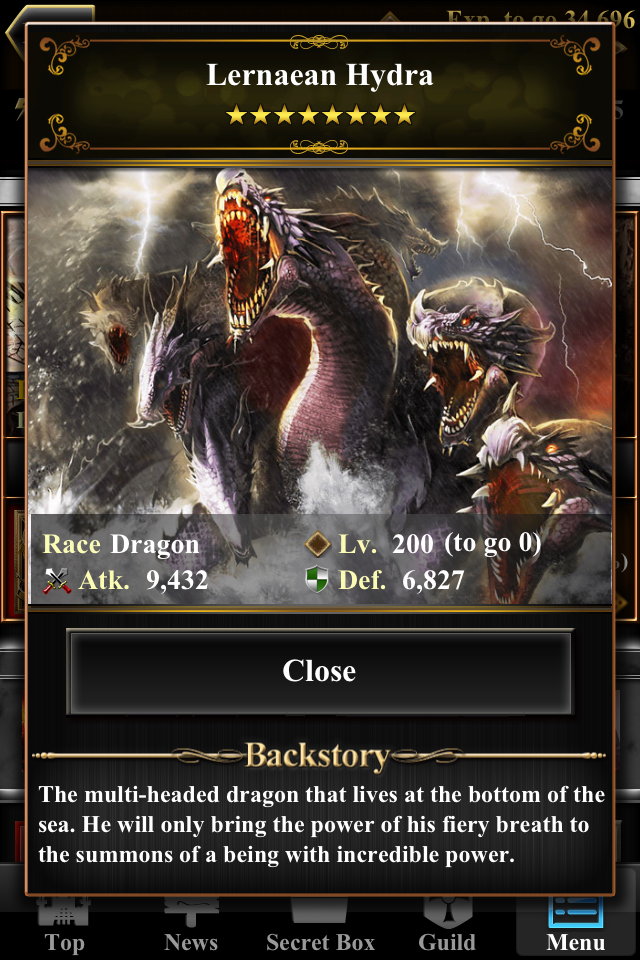

And we can help people if they do get into situations where they realise they have said something they wish they could take back.
Lernaean hydra how to#
What is the appropriate response over coffee after church when someone asks how you are? We don’t want people to lie and cover up what they are going through but we might also need to help them to figure out how to set their boundaries about what and when they share, and ensure that people who run small groups know how to sensitively help someone make good decisions. We can also specifically help people by offering good advice and guidelines, particularly where the internet is concerned. We can help them to find regular, safe and appropriate space to talk to someone and to share some of what is going on for them. So what does that protection look like? Obviously we all need to be careful that we don’t unwittingly become involved in starting or maintaining rumours or gossip. Of course this is about not spreading them ourselves, but it’s also about being sensible – say if someone starts to share something very personal or emotional in a very public place, finding somewhere more appropriate where they can have that conversation. On top of that I guess it is about being aware, and helping people to make good decisions. It’s hard to know how to be in some church situations, particularly if you find social situations difficult or awkward. How much should you share, for example, in a home group or small group situation?
.png)
Particularly in our 21 st century society, where social networks and internet messaging mean that many people’s lives are lived out on the internet as well as in face to face relationships. I’ve seen so many situations where a careless post on facebook or a message board has caused real damage – and more pain and distress to someone who was already finding things tough. Of course the church isn’t the only community who sees the power of such things – talk to any school teacher and they will share with you similar experiences. But if we as the church are specifically working to support people in difficult situations, we need to do what we can to protect them from this many headed beast.

In her story, Christie explains how Poirot chooses a case which reminds him of this horrific beast – and it is rumour which comes to his mind. If you want to know more you’ll have to read it – but the way Christie’s creation compares rumour to this mythological beast is very powerful. Rumour and gossip can spread like wildfire, and once you find out about it, attempts to stop it can sometimes just make things worse. In the story, Poirot’s solution is to get to the root of the rumour and find out where it started – but that’s not always that easy. Of course this means he has to find cases which bear some similarity to each one, and he does so in turn – you can read all of them in the book! There’s one which really comes to mind for me in connection to all of this though – and it’s the second, called ‘The Lernaean Hydra.’ This story refers to the labour where the Greek Hercules has to defeat a terrifying creature – a great serpent with 9 heads. When one of these heads is cut off the serpent just grows two more, so it is very difficult to defeat. I’m a big fan of Agatha Christie books, and have read pretty much all of them. In one of them – The labours of Hercules, one of her main detective characters, Hercules Poirot, is drawn to the greek mythology stories of his namesake, Hercules – and in particular to the labours of Hercules – greek mythology stories where Hercules faces 12 challenges in turn. Christie’s Poirot decides to select 12 cases of his own which fit in with the 12 labours of his Greek namesake (this is a longish explanation but bear with me – it will all make sense in a moment!).


 0 kommentar(er)
0 kommentar(er)
